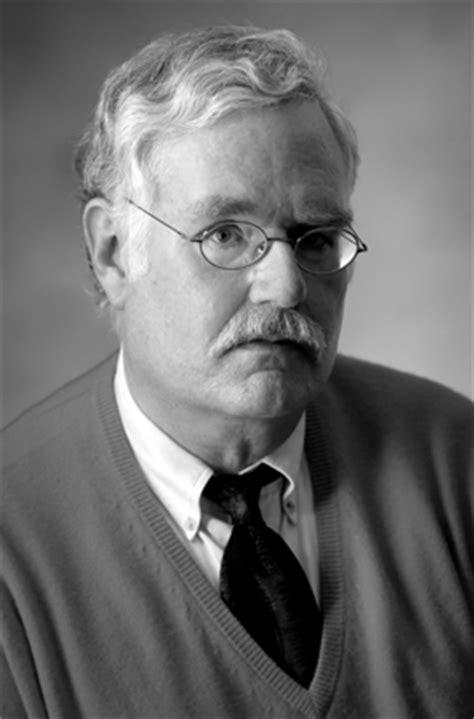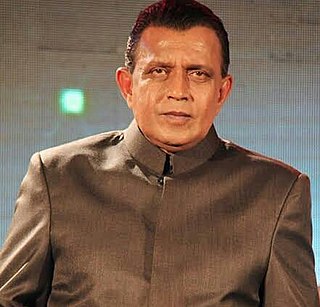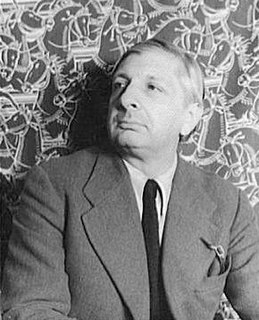A Quote by Zoltan Istvan
TEF is predicated on logic, a simple wager that every human faces:
If a reasoning human being loves and values life, they will want to live as long as possible-the desire to be immortal. Nevertheless, it's impossible to know if they're going to be immortal once they die. To do nothing doesn't help the odds of attaining immortality-since it seems evident that everyone will die someday and possibly cease to exist. To try to do something scientifically constructive towards ensuring immortality beforehand is the most logical conclusion.
Quote Topics
Beforehand
Being
Cease
Cease To Exist
Conclusion
Constructive
Desire
Die
Ensuring
Every
Everyone
Evident
Exist
Faces
Going
Help
Human
Human Being
Human Face
Human Faces
Immortal
Immortality
Impossible
Know
Life
Live
Logic
Logical
Long
Loves
Most
Nevertheless
Nothing
Odds
Once
Possible
Possibly
Reasoning
Seems
Simple
Since
Someday
Something
Towards
Try
Values
Wager
Want
Will
Related Quotes
This is what is sad when one contemplates human life, that so many live out their lives in quiet lostness...they live, as it were, away from themselves and vanish like shadows. Their immortal souls are blown away, and they are not disquieted by the question of its immortality, because they are already disintegrated before they die.
The aim of every artist is to arrest motion, which is life, by artificial means and hold it fixed so that a hundred years later, when a stranger looks at it, it moves again since it is life. Since man is mortal, the only immortality possible for him is to leave something behind him that is immortal since it will always move. This is the artist's way of scribbling "Kilroy was here" on the wall of the final and irrevocable oblivion through which he must someday pass.
I have an ambition to live 300 years. I will not live 300 years. Maybe I will live one year more. But I have the ambition. Why you will not have ambition? Why? Have the greatest ambition possible. You want to be immortal? Fight to be immortal. Do it. You want to make the most fantastic art or movie? Try. If you fail, is not important. We need to try.
The trace I leave to me means at once my death, to come or already come, and the hope that it will survive me. It is not an ambition of immortality; it is fundamental. I leave here a bit of paper, I leave, I die; it is impossible to exit this structure; it is the unchanging form of my life. Every time I let something go, I live my death in writing.
What is wrong with us human beings, and has been wrong since time immemorial, is that without ever stating it in so many words, we believe that we have entered the realm of immortality. We behave as if we are never going to die - an infantile arrogance. But even more injurious than this sense of immortality is what comes with it : the sense that we can engulf this inconcievable universe with our minds.
If the human species, or indeed any part of the biosphere, is to continue to survive, it must eventually leave the Earth and colonize space. For the simple fact of the matter is, the planet Earth is doomed... Let us follow many environmentalists and regard the Earth as Gaia, the mother of all life (which indeed she is). Gaia, like all mothers, is not immortal. She is going to die. But her line of descent might be immortal. . . . Gaia's children might never die out-provided they move into space. The Earth should be regarded as the womb of life-but one cannot remain in the womb forever.
You will die. You will not live forever. Nor will any man nor any thing. Nothing is immortal. But only to us is it given to know that we must die. And that is a great gift: the gift of selfhood. For we have only what we know we must lose, what we are willing to lose... That selfhood which is our torment, and our treasure, and our humanity, does not endure. It changes; it is gone, a wave on the sea. Would you have the sea grow still and the tides cease, to save one wave, to save yourself?
Every artist's strictly illimitable country is himself. An artist who plays that country false has committed suicide; and even a good lawyer cannot kill the dead. But a human being who's true to himself - whoever himself may be - is immortal; and all the atomic bombs of all the antiartists in spacetime will never civilize immortality.
We do not know what awaits each of us after death, but we know that we will die. Clearly, it must be possible to live ethically-with a genuine concern for the happiness of other sentient beings-without presuming to know things about which we are patently ignorant. Consider it: every person you have ever met, every person you will pass in the street today, is going to die. Living long enough, each will suffer the loss of his friends and family. All are going to lose everything they love in this world. Why would one want to be anything but kind to them in the meantime?





































